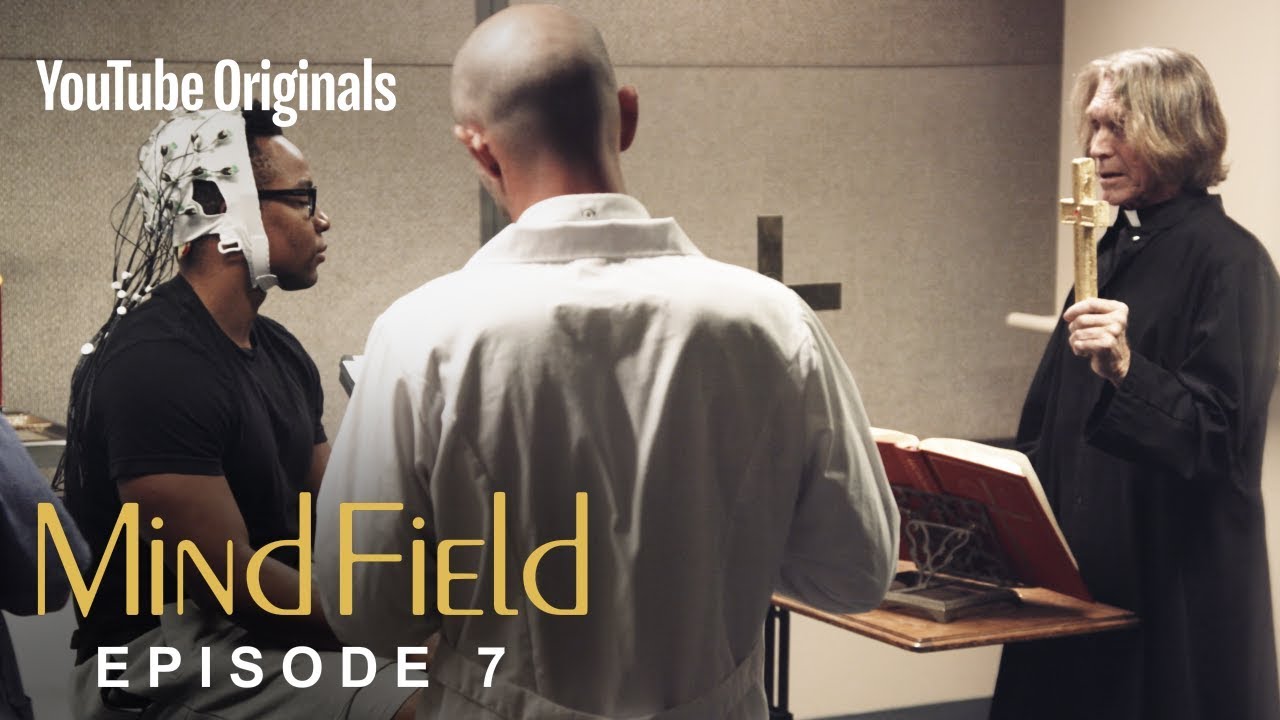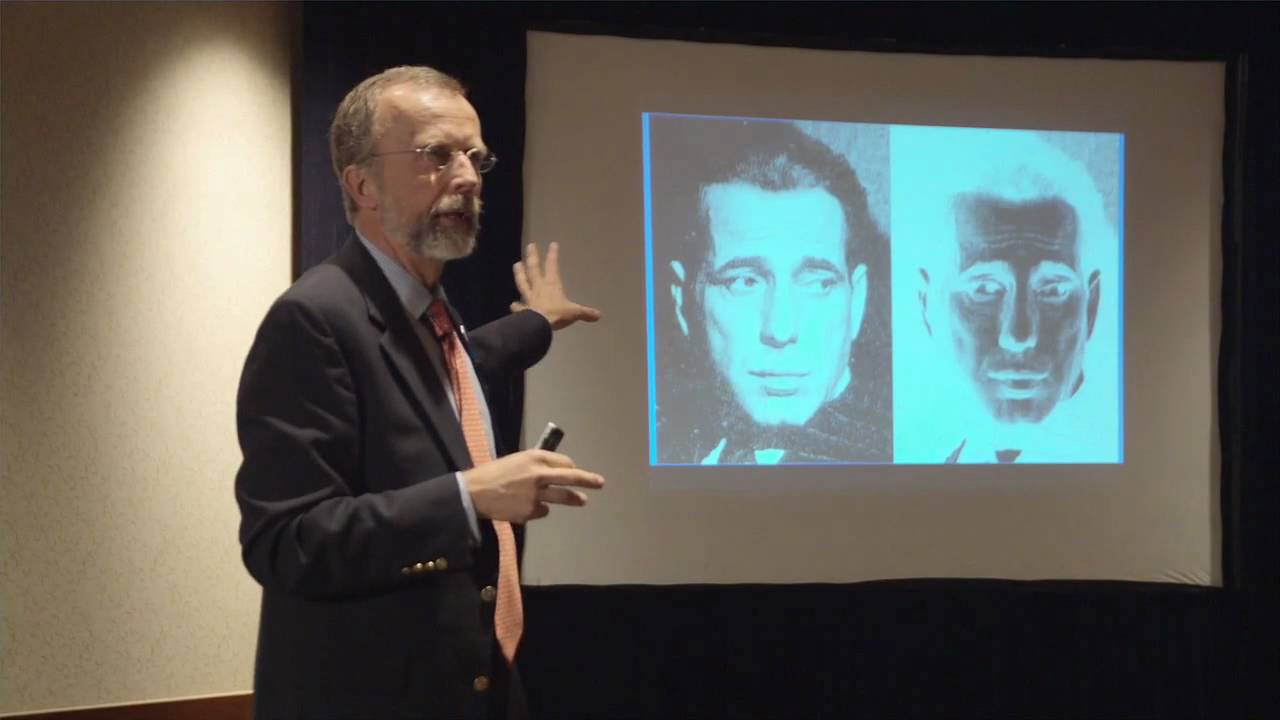What are some plausible explnations for the emergence of religion on earth. I know one- Just World Hypothesis, is there any others?
Emergence of religion in which species?
Well that is a good one; appeals to justice are essentially appeals to magic.
There are several approaches to this, as far as I’m aware. One would be error in cognition, usually referred to as Type 1 error, or false positive cognitive bias. It is when one perceives some outside stimuli, one also perceives some active agency behind that stimuli. We think that someone is out to get us, even if it’s only wind in a forest. This an awesome channel with lots of fantastic videos.
There is also this approach, which is interesting but kind of populistic
Next would be idea about god gene. Basically idea that it was a useful adaptation and so it was added to our genepool early in our evolution. This is now mostly obsolete, there are still few peddling it.
And finally what I find mostly convincing is biological behavioural analysis. Even tho this is quite old, I just recently discovered it when I discovered Robert Sapolsky’s work. Here is an older video because he agreed not to record those lectures in recent years.
Thank u very much, I watched the MineField video. I will watch the others too.
I think religion emerged when our ancestors were transitioning from apes into humans (and yes, I know humans are apes), and realized that they could ponder the future and realize that everyone dies.
The idea that everyone dies is at odds with the basic survival instinct (ie: one must avoid death), so the resolution for this double-bind is the conclusion that we don’t really die . . . despite the evidence of our senses.
Thus, religion.
looks like Standford
eta: a little Googling indicates that it very well might be!
Yup, there is also an entire playlist of his lectures.
Except that in this series, lecture about religiosity is omitted. He agreed not to record it.
My understanding is that there are two contributory factors to the emergence of religion. The first being that humans, being inquisitive, sought explanations for their surroundings, especially when said surroundings produced spectactular phenomena (e.g., thunderstorms, volcanic eruptions etc).
It’s not that difficult to imagine an early human, comparing a thunderstorm to his own use of stone tools to make sparks and produce fire. Said early human then jumps to what we know now is entirely the wrong conclusion, but which to said early human starting from a point of zero knowledge, made sense.
Namely, that the thunderstorm is the result of an action by a being such as himself, possessing intent. Except that the being in question is [1] far more powerful than him, and [2] invisible. That’s basically how the concept of gods arose - we projected our own intent upon our surroundings, and conjured up a big, invisible version of ourselves.
The second factor centres upon a product of evolution. Namely, children that obeyed their parents in our distant past, stood a greater chance of living to adulthood than children who didn’t. The latter ended up as lunch for various predators. Therefore, childhood obedience and trust in adults was, in the past, selected for in a particularly stark manner.
Combine the two, and the emergence and persistence of religion starts to make sense.
If we are going to be pedantic, we must add that as far as we can see, there was a change from animism, over totemism, and up to shamanism. Still I think it was guided by those “gifted” individuals. Which is still basically the same as modern religions. There is person of trust that you go to. They may had ability to create something, or paint/draw something. Possibly had better vocal ability to attract attention. Combine that with clever post rationalisation of any given “mysterious” event and you get a person of influence.
Sapolsky has a good notion about it. Not all but most influential preachers over time had some sort of semi schizophrenia. As I understood it is a known condition schizo-like or something like that can’t remember. It’s in the video above.
However, in general terms, what you described is certainly one of the contributors.
Prior to the invention of gods, people long believed in various flavors of shamanism where a priest or “medicine man” would awaken sleeping spirits and call upon them to do good or evil deeds. Shamanism itself was preceded by an even older belief system called animism where every object including rocks and rivers were thought to contain a spiritual force.
The transformation from earth-bound spirits to sky gods followed the invention of agriculture. Agriculture required the precise charting of the sun and the stars in order to track the seasons. Large stone monuments appeared and curious points of light were discovered that crossed the constellations. These lights which are now known as planets became embodied in mystery and eventually into the realm of the divine.
Celestial gods were gradually replaced with supernatural personified beings after the Egytians and Greeks began immortalizing their kings, pharoahs and famous hero warriors. The idea of humans born as gods ultimately sparked the belief that ordinary men living on the fringes of society could also be gods as well - one individual in particular that continues to be celebrated to this day.
The progression of our religious beliefs demonstrate that gods are only provisional ideas - human ingenuities that have come and gone throughout our history - manufactured from previous concepts that faded from popularity as newer and bolder ideas emerged.
I believe the first religion was started by the first person to realize that an emissary from a god can receive the gifts, the respect, and quit often, the worship intended for a god. Religion is a very old scam that has evolved.
Welcome to AR @MrCrum, I hope you find this site as welcoming as I did.
I agree that religion is a very old scam but for a scam to be as enduring as some religions it would need to sell a set of beliefs powerful enough to attract followers. This would seem to be especially true since there has never been any objective evidence for any god. The most powerful promise that religions have used to convince people to sacrifice their immediate welfare is the promise of eternal paradise which plays into our survival instinct. Religion promises that this is not all there is, that no matter how shitty your life is now it will be better when you join god in heaven. That’s the carrot and eternal suffering in hell is the stick.
I disagree: Religion became a scam but I don’t believe it began that way. Religion was the first attempt at science. Mankind’s first attempt at explaining the unknown world. The first scientists were the Shamen. The Shamen were able to explain volcanoes, storms, lightning strikes, illness, and the nature of man according to their beliefs. I don’t believe there was any duplicity at all in early religious beliefs. The Shamen explained dreams to a population in fear of the world around them. The Shamen gave the population reasonable explanations and ways to control their environment through sympathetic and then parasympathetic magic. This was mankind’s first psychology and it is still a big part of our psychology today.
These early beliefs helped to hold clans together and provided them with common beliefs that facilitated bonding. Without the ability to bond, our species would have gone extinct, just like the other 8 species of humanoids. I fully agree that there was a point when consciousness and intelligence developed to a degree that some people were able to begin using these beliefs to manipulate others. I am sure that this is what is happening today in many of the so-called, places of worship. But I seriously do not believe it started that way.
Either that or some mom created it to use on a naughty child. ![]()
Yep. Don’t cross the river, there are demons over there. People who cross the river, never come back. (Interesting how the word 'Heathen" came about in Rome.) The good Christian Romans told their children that if they were not nice, Pan, the god of the heathen (People living in the heaths outside the city of Rome), would come and snatch them up in the night.
" Heathen likely comes from a term for a country inhabitant —in particular, a “heath dweller.” The Latin source of pagan, paganus, originally meant “country dweller” or “civilian;” it was used at the end of the Roman Empire to refer to people who practiced a religion other than Christianity, Judaism, or Islam, and …"
How right you are… But as I asserted… we must go back in time…
Indeed, this is effectively a part of my own view of the subject. Though this first (and, needless to say, failed) attempt to explain our surroundings took on diverse forms even at the outset.
Some early ideas included treating the Sun and/or the Moon as some sort of governing entities (an idea that wasn’t completely wrong, we just lacked the knowledge to put the effects thereof into their proper context), or invoking the existence of various “nature spirits” (which could be thought of as a pre-scientific folk ecology).
Then we have the various “god type entities”, which in effect consisted of projecting our capacity for intent upon our surroundings. It’s not difficult to imagine a Palaeolithic human drawing a connection between, say, his starting a fire with flint tools, and lightning starting a bush fire.
Jumping from that, to the idea that lightning might be the result of a big, invisible version of ourselves striking some big flints in the sky, is the sort of conceptual leap you would almost expect a Palaeolithic fire user that’s starting to exert an impact upon its environment to make.
What in my view fatally corrupted the enterprise, was moving from “Big Silverback in sky make fire” to “Big Silverback in sky wants us to do X” - the conflation of “is” with “ought” that we’ve learned to our cost is singularly dangerous.
That introduction of moral imperative became all the more dangerous, of course, when whatever entity was chosen as the arbiter of conduct was elevated to the status of an unquestionable authority to be obeyed. Again, we’ve learned the hard way that authorities of this sort are inherently dangerous, though authoritarians keep clinging to that venomous security blanket, with observably malign consequences if their yearning are converted into political action. But I digress slightly.
What really made religion venomous, however, was the idea that the wishes of the “unquestionable authority” could only be determined by a special, dialectically trained “priestly” elite, the members thereof being entitled to a privileged social status for this and no other reason. Susan B. Anthony’s famous aphorism becomes chillingly apposite at this point.
Indeed, one of the objections I have to the whole idea, that any of the frequently asinine cartoon magic men asserted to exist in the numerous pre-scientific mythologies humans have invented, have any basis in fact, centres upon this one detail that I’ve yet to see a mythology fanboy even acknowledge the existence of.
Given that dangerous turn of events I’ve just described above, any genuinely existing god type entity that actually possessed any concern for the welfare of our species, would surely have taken active measures to prevent that dangerous progression.
Furthermore, any competent entity of this sort could have devised far superior solutions to the requisite problems, instead of the sort of nonsensical antics we see asserted to have been undertaken by various cartoon magic men from the pre-scientific mythologies in question.
Sadly, the malign effects of 5,000 years or more of this won’t be reversed quickly.
For the benefit of those of us not raised within the anglo-american culture sphere: Which one? There seems to be quite a lot of quotes attributed to her.
To me, her most famous aphorism is this:
"“I distrust those people who know so well what God wants them to do, because I notice it always coincides with their own desires.”
I like the Mark Twain quote: Religion was invented when the first con man met the first fool.
I don’t think it necessarily started that way. I think it started with people trying to explain the world, but it wouldn’t have taken long before people figured out the advantage to themselves by claiming they knew things others didn’t and could intervene for a god or gods. That certainly contributed to the spread of religion. Some of the best attended churches in the U.S. are flat out run by con men.


